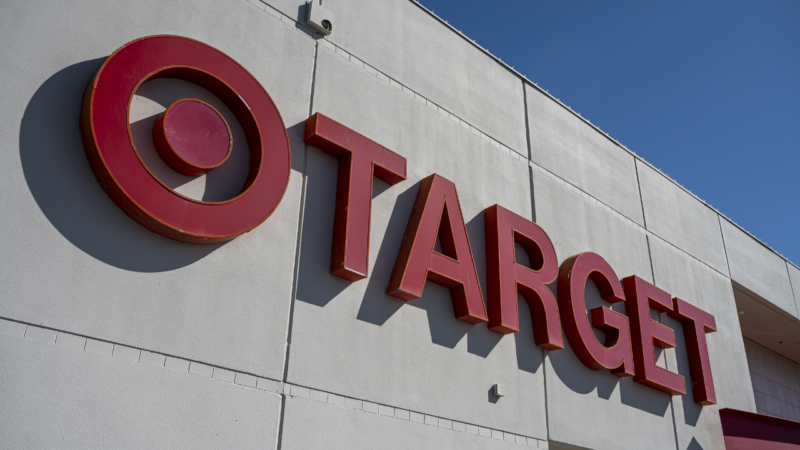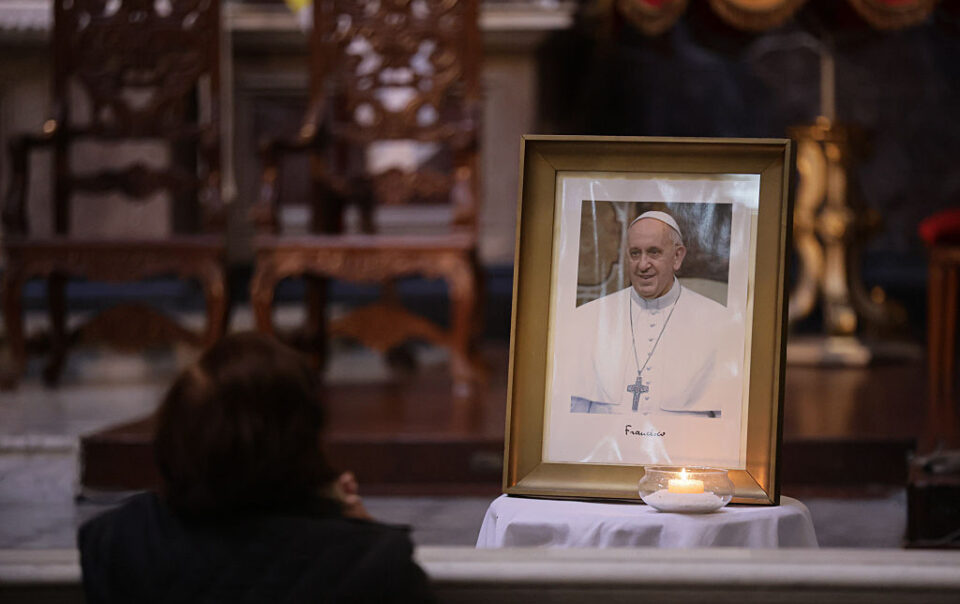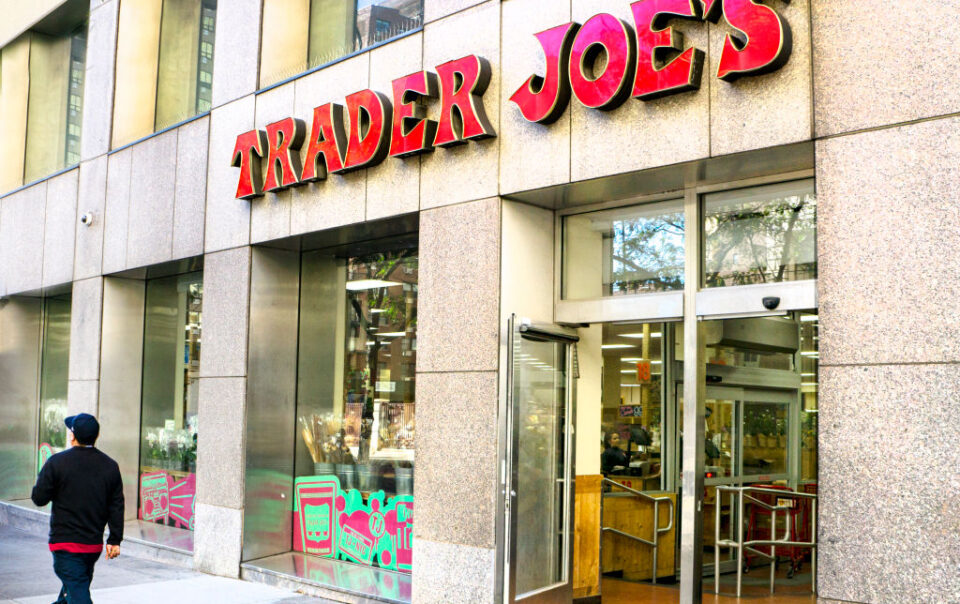A Black-led boycott against the retail giant Target will continue, announced three of the boycott’s organizers after meeting with members of the company’s leadership.
The announcement comes as Target continues to see the fallout of its decision to end diversity, equity and inclusion programs and efforts to support Black businesses as the company seeks to align itself with the Trump administration’s agenda.
Committee formed to coordinate efforts as Target boycott continues
“Target Fast” organizer Rev. Jamal Bryant, We Are Somebody founder Nina Turner and Until Freedom co-founder Tamika Mallory issued a joint statement Monday announcing that a boycott of Target stores will continue. The three leaders have been among the main voices calling on Black customers to avoid shopping at Target after the company announced in January that it was rolling back its DEI and pro-Black business initiatives to align with the Trump administration’s anti-DEI orders. Bryant had framed the boycott as a “Target Fast” to coincide with the fasting season of Lent that ended with Sunday’s Easter holiday.
The three leaders met with members of Target’s leadership, and while they left with the impression that “Target is feeling the power of our communities and wants this boycott to end,” they lamented that “we believe that Target CEO Brian Cornell remains unaware of the betrayal felt by our communities due to his company’s decision to cower to the Trump administration,” according to their statement. Given Target’s continued policy of distancing itself from DEI initiatives, the three organizers announced a continuation of the boycott and the creation of a Target Boycott Organizing Committee to facilitate clear communication between the company and the leaders of the boycott. The boycott is to continue until “Target reinstates diversity, equity, and inclusion programs by name to stand up to the Trump administration instead of bending to bigotry,” and the organizers pointed to companies like Costco that have maintained diversity efforts as examples to follow.
Target looking to reverse economic losses as boycott continues
The drama with Target began in January when, just days after President Donald Trump was inaugurated and began issuing anti-DEI orders, the company announced that it was ending its DEI efforts and its program to promote products from Black businesses. The announcement, reversing pledges the company made in 2020, led to multiple calls to boycott the store, including Bryant’s campaign. As Blavity previously reported, Target saw a significant decrease in foot traffic in its stores after the boycott was announced. Bryant and CNN reporter Victor Blackwell have also noted that Target’s stock shares have significantly dropped in value, noting a similar protest against Elon Musk’s Tesla as well.
Pastor Jamal Bryant, Nina Turner and Tamika Mallory announce that the Target boycott will continue after the 40-day Target ‘fast’ ended on Easter Sunday. pic.twitter.com/oNWoMAPR9h— Victor Blackwell CNN (@VictorBlackwell) April 22, 2025
With the boycott hitting Target’s bottom line, the company has been reaching out to members of the Black community; in addition to the meeting with Bryant, Turner and Mallory, Target CEO Brian Cornell recently sat down with National Action Network head Al Sharpton, who has supported but not been a leader of the boycott movement. So far, however, these efforts have not been enough to allay concerns from the Black community and allies that Target is abandoning its commitment to diversity in order to placate the Trump administration.
With the Trump administration continuing its heavy-handed efforts to push its agenda, including its anti-DEI platform, many companies and institutions have caved to these efforts while others resist the pressure coming from the White House. So far, Target has responded more to the pressure from the Trump administration than to the financial hardship created by customers going elsewhere, but with boycott efforts intensifying, it remains to be seen how much the company will lose and whether or not it will reverse its decision on diversity.









